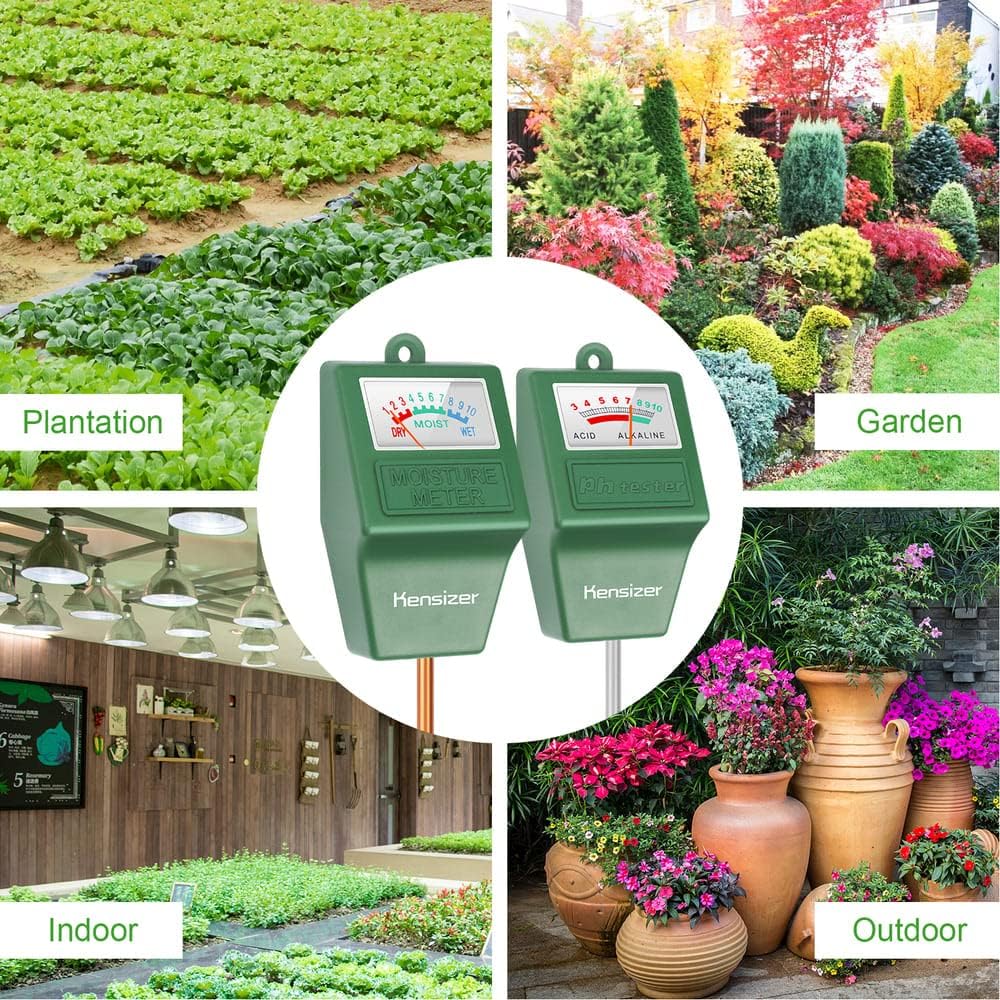Soil Amendments and pH Balancing
Soil amendments play a vital role in maintaining soil health and optimizing plant growth. One crucial aspect of soil management is pH balancing, as it directly impacts nutrient availability to plants.
Understanding soil amendments and pH balancing techniques is essential for gardeners and farmers alike to ensure productive and sustainable cultivation practices.
Soil Amendments
Soil amendments are materials added to soil to improve its physical properties, fertility, and overall health. They can help address deficiencies, enhance nutrient availability, and promote better soil structure. Here are some common types of soil amendments:
- Organic Matter
- Compost: Rich in organic nutrients, compost improves soil structure, water retention, and microbial activity.
- Manure: Provides essential nutrients like nitrogen, phosphorus, and potassium, promoting healthy plant growth.
- Peat Moss: Helps retain moisture, improves soil structure, and adds organic matter to the soil.
- Inorganic Amendments
- Lime: Raises soil pH levels, making acidic soils more alkaline, which enhances nutrient availability.
- Gypsum: Improves soil structure by breaking up compacted soil and improves drainage.
- Perlite or Vermiculite: Enhances soil aeration and drainage, promoting root growth.
- Cover Crops
- Legumes (e.g., clover, alfalfa): Fix nitrogen in the soil, improving fertility and soil structure.
- Rye, oats, or barley: Suppress weeds, prevent erosion, and add organic matter when tilled into the soil.
pH Balancing
Soil pH significantly affects nutrient availability to plants, microbial activity, and overall soil health. Balancing soil pH ensures optimal conditions for plant growth and nutrient uptake. Here are some methods for pH balancing:
- Soil Testing
- Conduct regular soil tests to determine pH levels and nutrient deficiencies.
- Test kits or professional soil testing services provide accurate pH readings and recommendations for corrective measures.
- pH Adjusting Materials
- Lime: Raises pH levels in acidic soils, improving nutrient availability for plants.
- Sulfur: Lowers pH levels in alkaline soils, making nutrients more accessible to plants.
- Application Rates
- Follow recommended application rates based on soil test results and the specific needs of plants.
- Over-application of pH-adjusting materials can lead to imbalanced pH levels, negatively impacting plant growth.
- Timing
- Apply pH-adjusting materials well in advance of planting to allow time for the amendments to react with the soil.
- Incorporate amendments thoroughly into the soil to ensure even distribution and effectiveness.
- Monitoring
- Regularly monitor soil pH levels, especially in areas with fluctuating conditions or intensive cultivation.
- Adjust pH as needed to maintain optimal growing conditions for plants.

